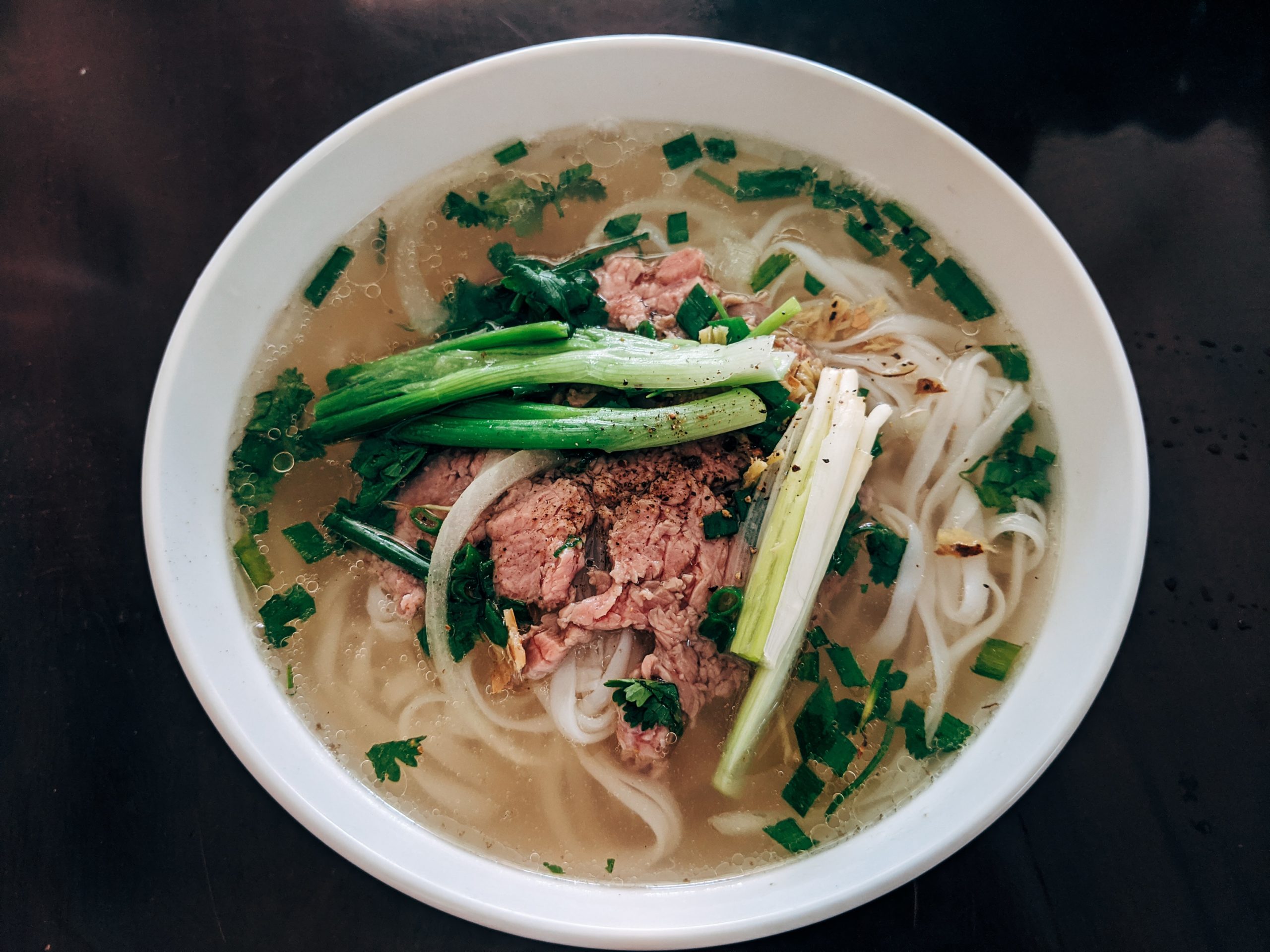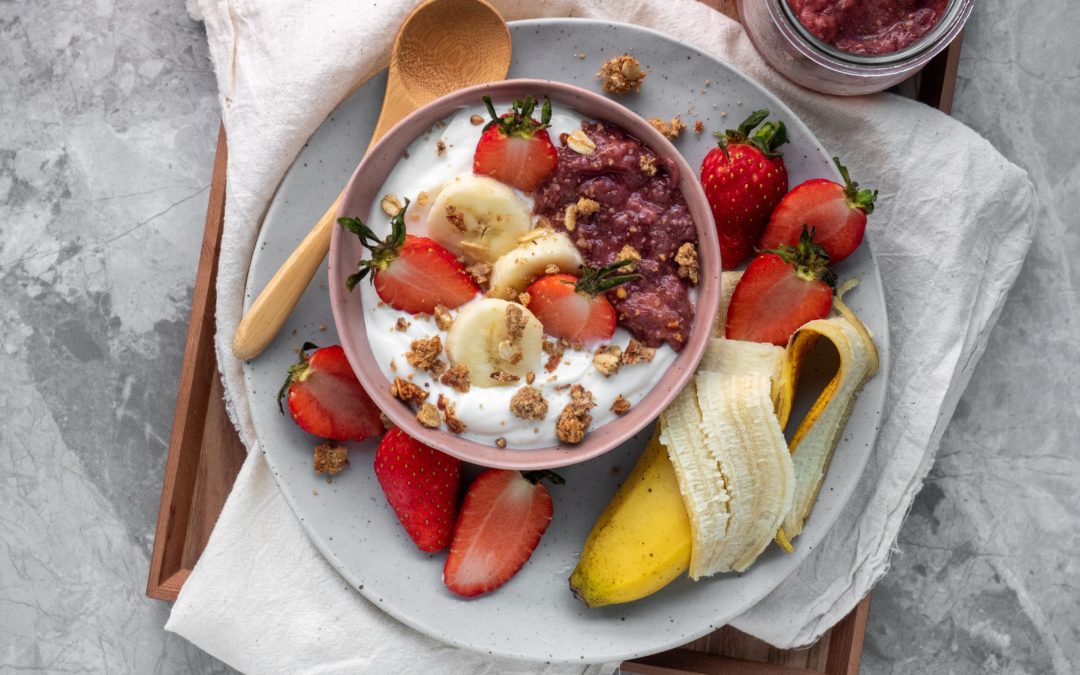Over the past two years, many of us have found a new appreciation for our immune system. Our immune system protects our bodies against infections from bacteria, viruses and other pathogens. Without it, our bodies would become overrun with foreign materials which may harm us. Our immune system needs micronutrients found in our diet to carry out all of its functions.
Arms of the Immune System
There are many different arms of the immune system. The two main arms are the adaptive and innate immune systems. Both the adaptive and innate sides of our immune system have many components that work together to protect us against infections.
The innate side of our immune system is the first to respond to infections, while the adaptive side takings longer but provide a specific response. Our adaptive immunity also has a “memory” and can respond faster to bacteria and viruses when we are exposed to them again.
Nutrition and Our Immune System
Research has shown there is a relationship between the nutrients in our diet and our immunity. Some nutrients play a bigger role in supporting our immune system than others. Some of the key nutrients include,
Vitamin C
Most people know that vitamin C plays an important role in supporting our immunity. It’s one of the first supplements we reach for when we feel a cold or flu coming on.
Vitamin C supports many functions of our adaptive and innate immune system, including disposing of infected cells. The vitamin also protects our bodies against antioxidants. As a result, vitamin C helps control inflammation and allows our immune system to focus on other dangers. Not consuming enough vitamin C can negatively impact our immune system and increase our risk of infections.
Some vitamin C-rich foods include,
-
- Oranges
- Grapefruit
- Papaya
- Guava
- Strawberries

You can learn more about this vitamin from my blog, Micronutrient Monday: Vitamin C.
Vitamin D
Although we do not automatically think about vitamin D when it comes to our immune system. This vitamin plays a role in the regulation of our immune system and the clearance of infected cells.
Our bodies naturally make vitamin D using sunlight. However, the downside to this is that many of us are lacking vitamin D in the winter months. This is where vitamin D supplementation comes in.
You can find vitamin D in many foods including,
-
- Fatty fish
- Mushrooms
- Egg yolk
- Fortified foods (such as milk)

Many studies have shown that low levels of vitamin D weaken our immune response to pathogens. Check out my blog on vitamin D to learn more about this essential vitamin and the types of supplements available.
Zinc
Zinc is important for the development and function of cells in the innate arm of our infection-fighting system. Therefore it comes as no surprise that people who do not consume enough zinc in their diet have a higher risk of infections.
Some zinc-rich foods to try out include,
-
- Oysters
- Pumpkin seeds
- Yogurt
- Cashews
- Baked beans

Learn more about zinc and its role in our health from my Micronutrient Monday series.
Iron
There are many ways that iron supports our immune system. Many cells of our immune system use changes in their iron levels to protect us from foreign bodies. Our Immune cells also use iron for cell division and maturation, which is a key aspect of the immune response to infections.
Knowing iron’s important role in our immune system, it comes as no surprise that low levels of iron can impact how well our immune system functions.
Learn more about this mineral from my blog, Micronutrient Monday: Iron.
Protein
Although protein is not a micronutrient, it is another important nutrient in our diet that our immune systems need to function properly. Our bodies break down protein into amino acids which are essential for our immune system to function properly.
Gut Bacteria and the Immune System
Some of the bacteria in our gut also helps to support our immune system.
We can support the growth of healthy bacteria in our gut by consuming prebiotics and probiotics. Probiotics foods contain live cultures of bacteria, while prebiotics contain nutrients that support the growth of healthy bacteria in our gut.

You can follow the links above for some tasty, immune-supporting recipes.
Examples of Prebiotics
Some examples of prebiotic-rich foods to include in your diet are,
-
- Garlic
- Onions
- Bananas
- Asparagus
- Seaweed
Foods That Support Our Immune System
Although there aren’t any nutrients that “boost” our immune system, there are some nutrients that are essential for it to work. Without adequate amounts of these important nutrients in our diets, our immune systems will not be able to work at their best.
Book a FREE Discovery Call
Does your diet support your immune system? Book a FREE discovery call today to speak with a Registered Dietitian and learn more about an immune-supporting diet!
With a Bachelor of Science in Nutrition and Food Science, Rachel has over 15 years’ experience helping people address their health through nutrition.


